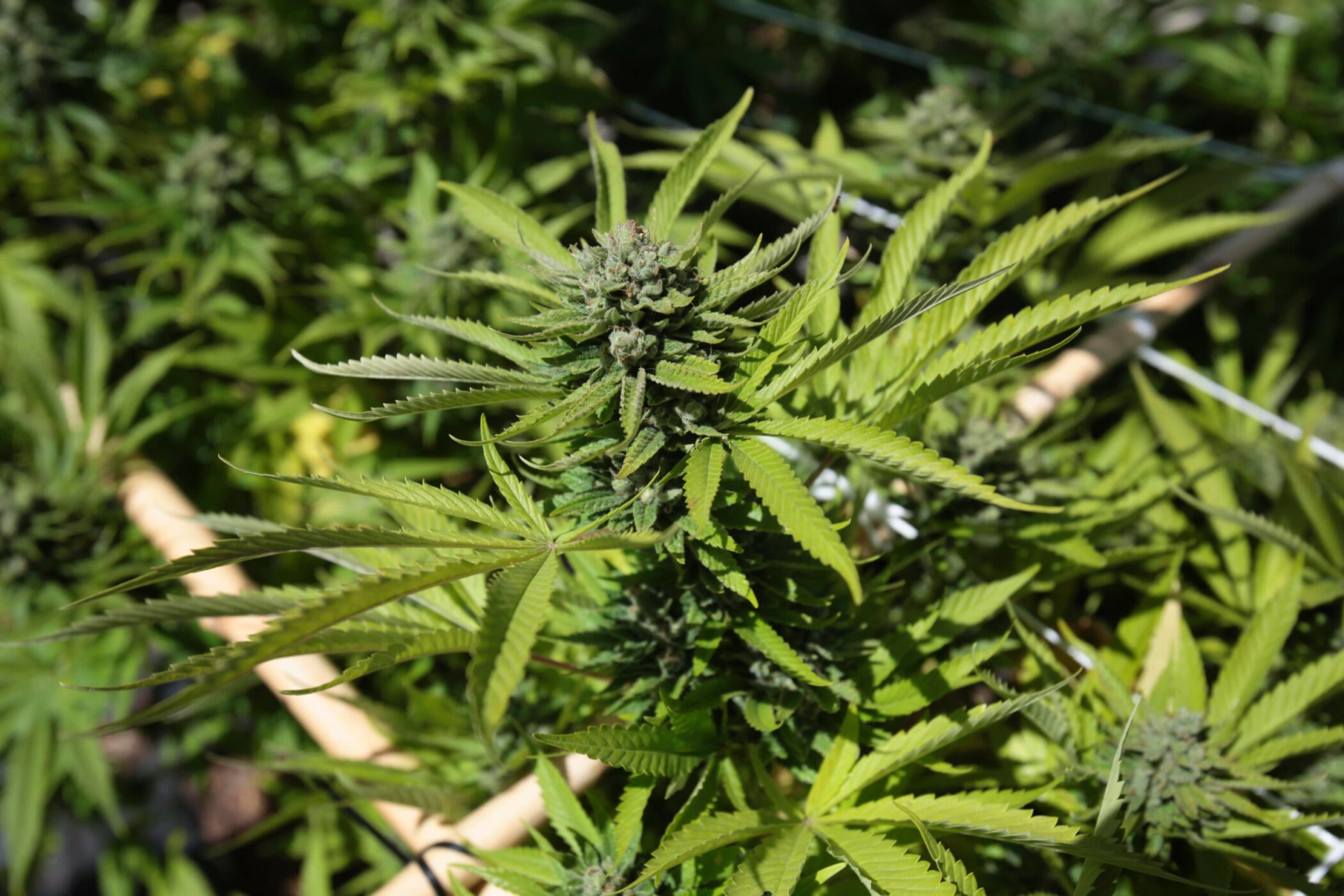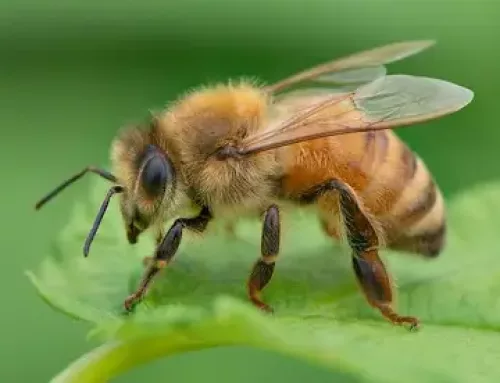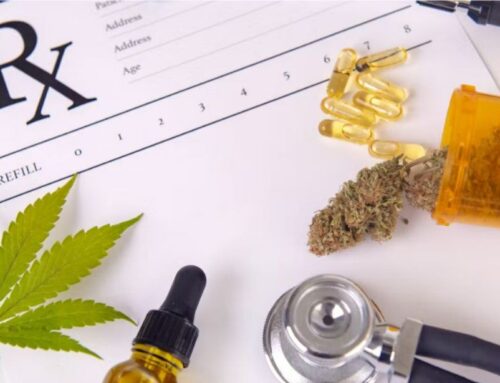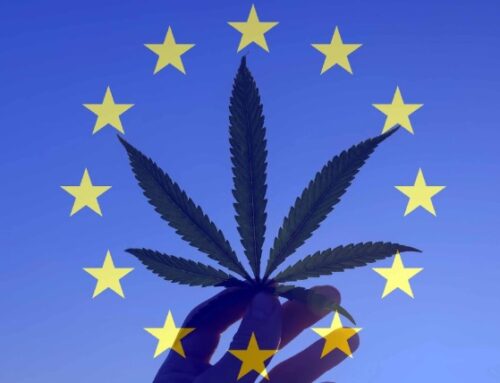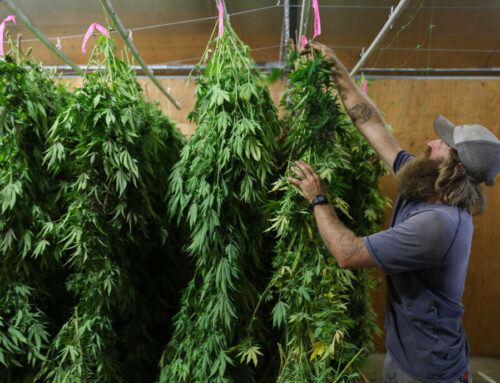Critics Slam Thai Government’s Approach to Cannabis
LOS ANGELES- Critics have strongly opposed the Thai government’s plan to reclassify cannabis as a narcotic, arguing that it will harm businesses involved in cannabis-based products and undermine investor confidence in the country.
On July 5, a health committee responsible for controlling illegal drugs voted by majority to reclassify cannabis and hemp as narcotics, effective from January 1, 2025. Surachoke Tangwiwat, the deputy permanent secretary for public health, confirmed this decision. The committee will submit its report to the Narcotics Control Board (NCB) for consideration this month.
The panel’s resolution specified that cannabis and hemp should be considered narcotic plants, with exceptions for their branches, roots, and seeds. Cannabis buds and materials containing more than 0.2% tetrahydrocannabinol (THC) will also be classified as narcotics.
Should the NCB agree with this decision, the Food and Drug Administration will need to amend cannabis-related laws and establish criteria for the plants’ usage before January 1, according to Dr. Surachoke. Various laws will need to be revised accordingly.
Prime Minister Srettha Thavisin has instructed the Public Health Ministry to revise a ministerial regulation to reclassify cannabis under the Category 5 Narcotics list and issue a regulation to restrict its use solely for medical purposes by the end of the year.
Investors Losing Confidence
Hirunrat Mahaditthadakul, the secretary of the Hemp and Cannabis Industries Association, told the Bangkok Post that the government’s reversal on the previous administration’s cannabis decriminalisation policy will dent investor confidence.
“Investors will lose confidence in doing business as a result of the policy flip-flop,” she said. She highlighted that several entrepreneurs have invested tens of billions of baht in cannabis businesses, including production plants and licences. If the reclassification proceeds, these businesses will need to adapt by producing oil extracts from other plants and herbs, which will adversely affect cannabis growers who have made substantial investments.
When cannabis was first decriminalised, it attracted new investors, including those from abroad, who saw it as a new cash crop with business opportunities. Over the past two years since its removal from the narcotic list, each entrepreneur has invested at least 10 million baht on average.
Ms. Hirunrat warned that if cannabis is reclassified, some might opt to smuggle the plant from neighboring countries due to cheaper costs. Shops selling cannabis-based products, particularly in tourist destinations, will also be affected. To stay in business, these shops may need to seek permission to operate as traditional Thai medicine clinics, which involves new investments and obtaining difficult licences.
She added that the reclassification would likely force many shops to close down, leaving only large investors able to survive while small entrepreneurs go out of business. Ms. Hirunrat urged the government to push for a cannabis control bill that sets out proper measures for cannabis use instead of relisting it as a narcotic.
Deputy Prime Minister and Interior Minister Anutin Charnvirakul, a leader of the Bhumjaithai Party, which advocated for cannabis decriminalisation, promised to oppose the reclassification when the NCB discusses it.
Impact on Medical Research
Rungrueng Kitphati, director-general of the Department of Science Service, warned that ongoing studies into the medicinal benefits of cannabis would halt if the plan to reclassify it as a narcotic proceeds.
“Over the past five years, several universities and academic institutes have conducted research, and the knowledge gained has been used to develop products awaiting certification,” he said. These products present new economic opportunities and provide medical treatment alternatives for conditions such as insomnia and Parkinson’s disease.
Relisting cannabis as a narcotic would waste accumulated knowledge and halt research advancements, with universities hesitating to continue due to legal complexities.
Dr. Rungrueng argued that closing legal loopholes and tightening controls on cannabis use could be achieved without relisting the plant as a narcotic. He emphasized that Thailand, once a model for cannabis decriminalisation, appears to be taking a step backward.
The reclassification of cannabis as a narcotic by the Thai government has sparked significant concern among industry stakeholders and researchers. Critics argue that this move will damage businesses, deter investment, and halt valuable medical research. They call for the government to reconsider and push for comprehensive cannabis control legislation instead.











